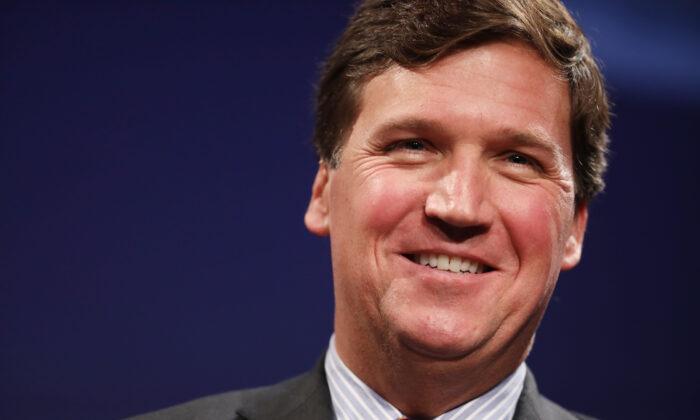Sen. Bob Menendez (D-N.J.) says the United States should divert fuel to Europe to assist with energy disruptions there, he stated during the Senate Foreign Relations Committee’s May 12 deliberations on aid to Ukraine.
Menendez, chair of the Senate Foreign Relations Committee, painted the developments in a positive light, saying that Europe’s dependence on Russian energy “feeds straight into [Russian President Vladimir] Putin’s war machine.” He added that Europe would require U.S. assistance as countries search for alternative sources of fuel.
“In the short term, we need to consider helping. We should be diverting gas and oil to Europe because our allies have to keep the lights on,” he said. “In the medium and long term, investing and collaborating with the private sector and our allies on clean energy technology is the best way to isolate Putin and achieve independence from Russian energy supplies.”
“I’ve been critical that the Biden administration has not done more to enhance our own production here, particularly with regard to natural gas that can be liquefied and sent to Europe,” he said. “I would hope that we would expand our production here quickly and stop the policies that are stifling the production, particularly of natural gas, and help with regard to the infrastructure that’s needed. And let the Europeans know that we are going to be there for them because we have the ability in this country to be able to provide that.”
Some Republicans have been growing more outspoken against sending aid to Ukraine while the U.S. economy is in the midst of rising inflation and sluggish growth. Rep. Marjorie Taylor Greene (R-Ga.) blasted Congress on the House floor on May 11 for considering a $40 billion aid package to Ukraine while there’s an ongoing baby formula shortage in the United States.
Sen. Rand Paul (R-Ky.) made similar comments when he moved to block the aid package on May 12.
“No matter how sympathetic the cause, my oath of office is to the national security of the United States of America,” he said on the Senate floor. “We cannot save Ukraine by dooming the U.S. economy.”
However, sending U.S. resources to Ukraine has bipartisan support in both the Senate and the House. The House approved the $40 billion aid package on May 10 in a 368–57 vote, and most senators have expressed support, Paul’s objections notwithstanding.
“I’m encouraged to see the U.S. finally provide Ukraine with artillery and more modern, NATO-compatible systems. I’m still waiting to see more robust air defense and heavy armor,” Sen. Jim Risch (R-Idaho), the ranking GOP member of the Senate Foreign Relations Committee, said during the May 12 hearing.
“We must keep up that support and make sure that as long as Ukraine is willing to fight, it is equipped to do so.”




